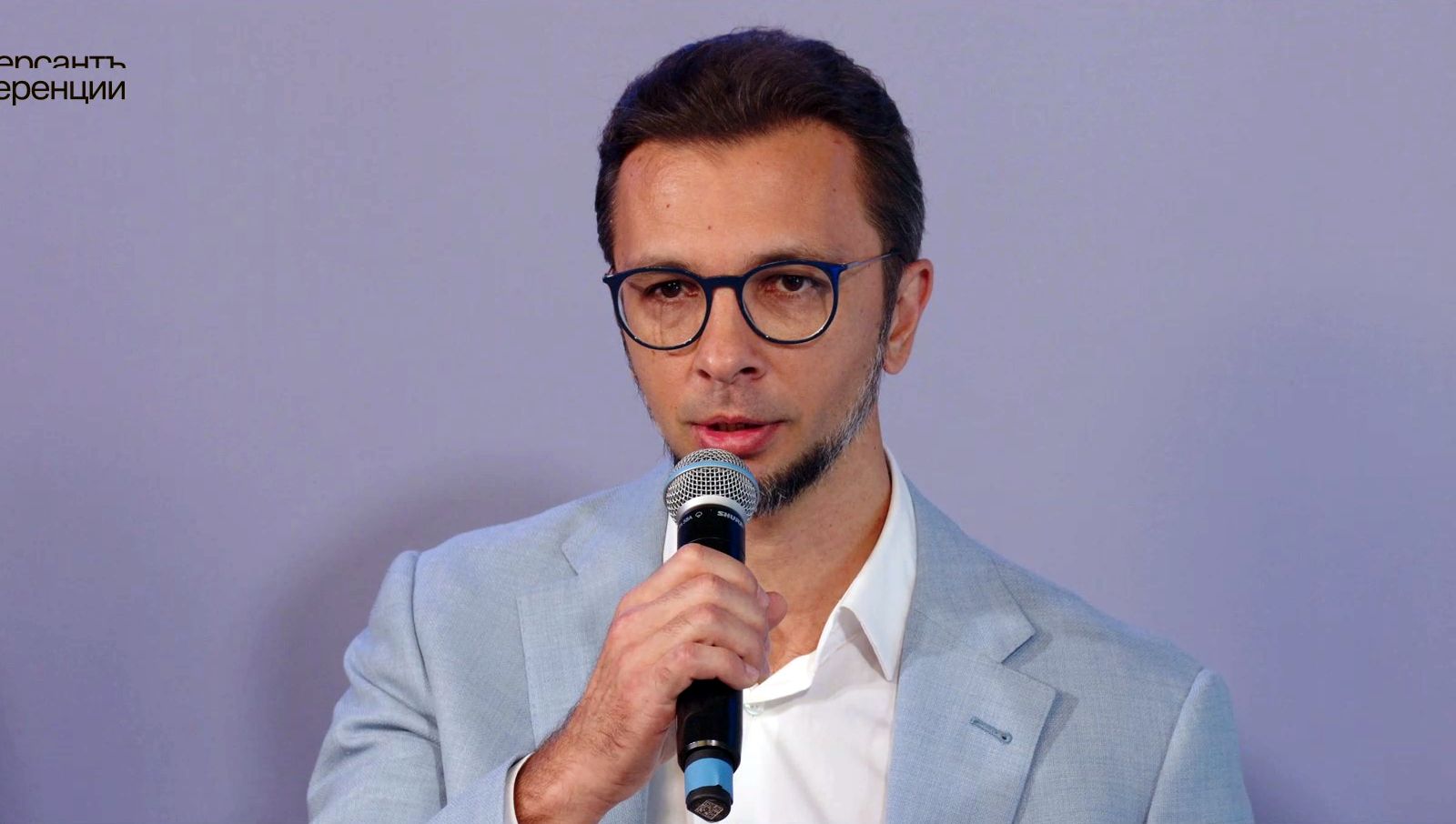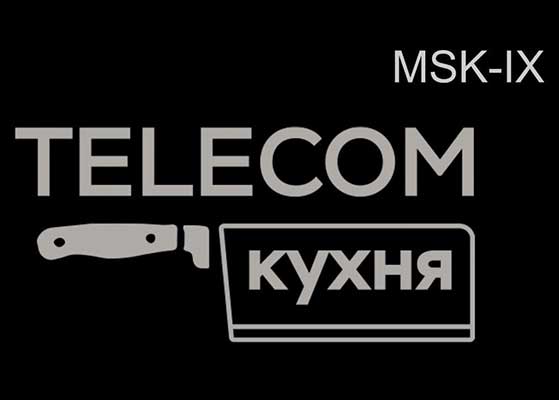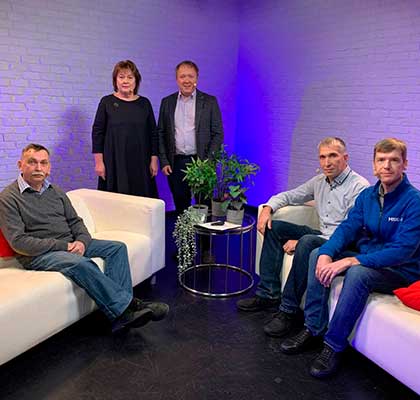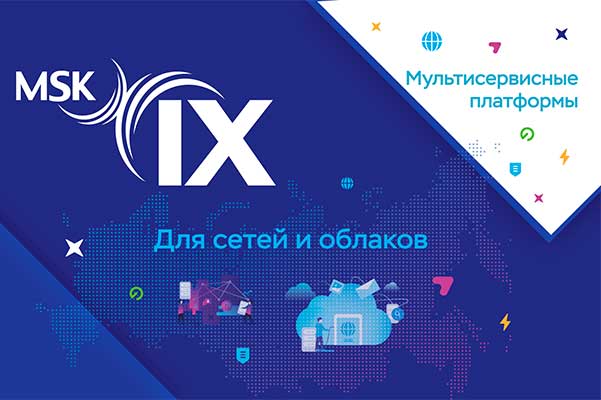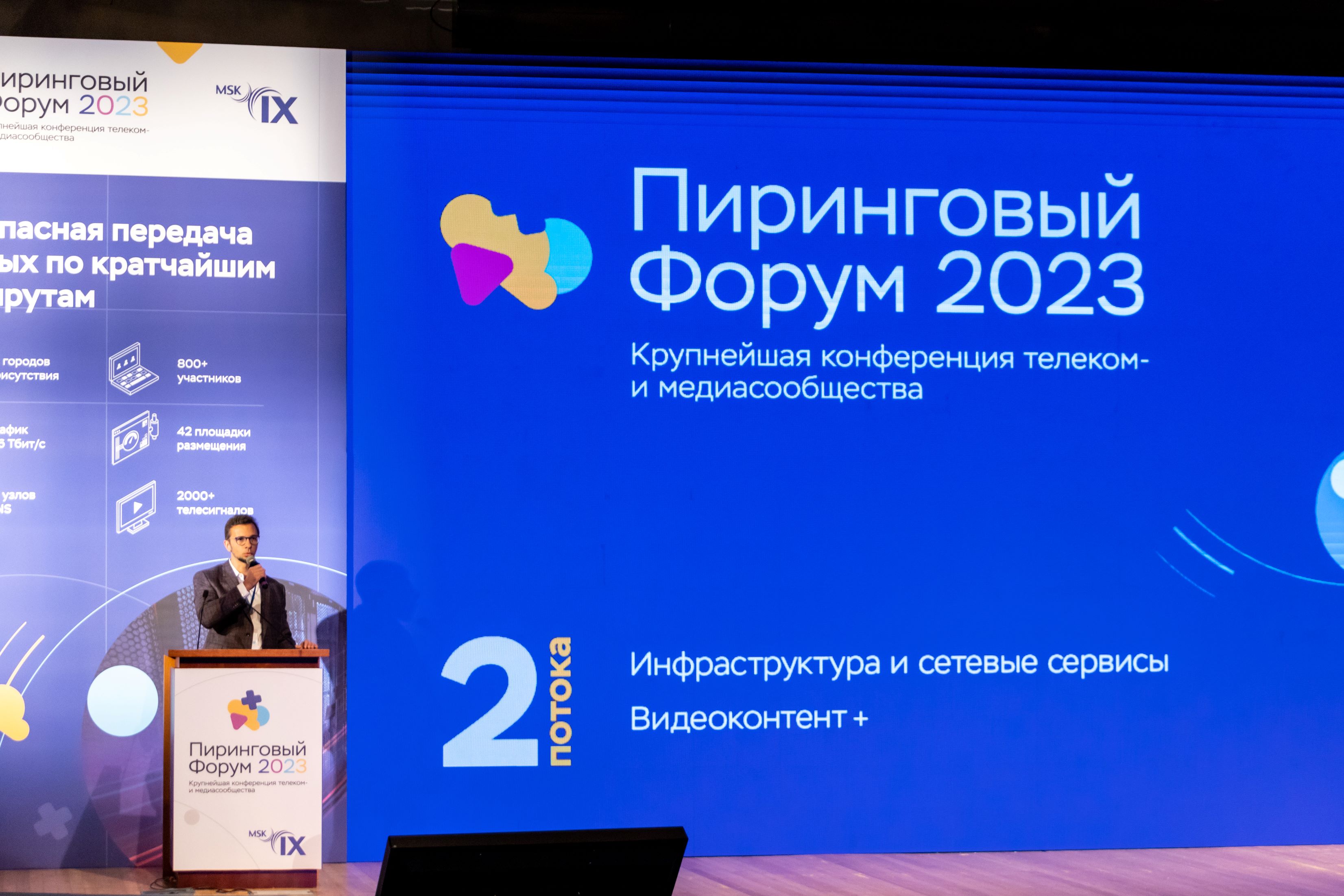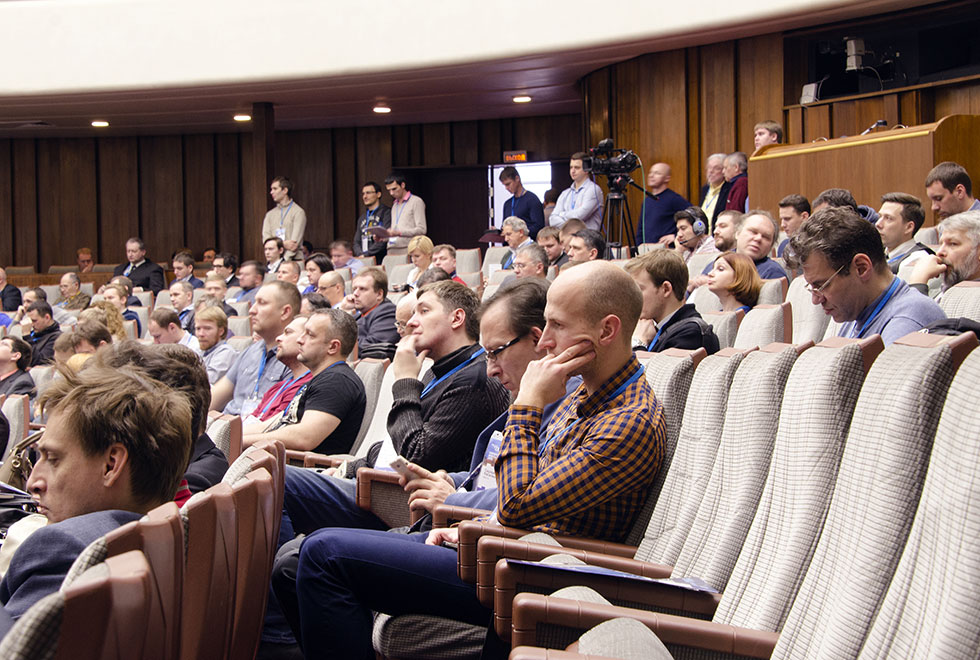Medialogistika Days, day 2: ОТТ services, new TV channels and practical tips from market experts
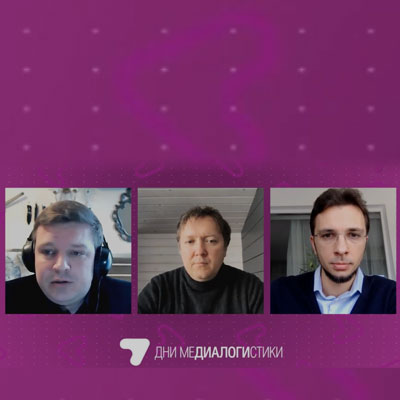
Grigory Kuzin spoke about new Medialogistika projects – specifically, the channels Tantsui, Trace Urban HD, Trace Sport Stars HD, Bridge Shlyager, Fashion&lifestyle 4K, Trash, Khokkeiny HD and Extreme Sports HD. Medialogistika especially takes pride in the new television channels launched in different regions of Russia, including Svetloye TV, Moi Dom and Puls. The Subbota channel has been available on the platform since day one (February 1). In 2021, Medialogistika “imported” Mezzo HD (France). The platform now also offers the entire range of MTV channels that used to be only available via satellite TV.
Artemy Gladchenko (Subbota TV) spoke about a new project by the creators of the Pyatnitsa channel. Artemy presented the channel’s plans to focus on entertaining content for women, such as TV shows for a predominantly female audience, programs about shopping, health, food (and cooking), beauty, relationships, fitness and leisure. It will be a TV channel for women who enjoy life. Artemy pointed out that since the launch, the number of Subbota viewers had doubled.
Vladimir Nazarenko (Bridge Media) spoke about Bridge Shlyager, a channel about popular music and Russian chanson. The channel aims to offer its audience the most relevant and latest music. Launched only four months ago, Bridge Shlyager has already outperformed many other popular music channels with Russian pop and chanson. All of Bridge Media’s five channels focus on music, covering a wide variety of genres.
The discussion “ОТТ transformer: Creating a perfect video service” continued the conference. The speakers included Sergei Storozhev (Vitrina TV), Darya Boyarinova (MEGOGO), Maxim Dovgal (Okko), Boris Levitsky (IVI) and Nikolai Orlov (Tricolor).
Darya Boyarinova (MEGOGO) shared what subscribers are willing to pay for and how the company keeps them interested. She also commented on various features and configurations of OTT services. Nikolai Orlov (Tricolor) reported that the company’s experts are working on a wider scope of services and more versatile packages and subscription options. Sergei Storozhev (Vitrina TV) started his remarks with the issue of content monetization online. He covered the basic principles of ad placement on television and online that is fully tailored to advertisers’ needs, on the one hand, and provides operators with the content that users like, on the other hand.
Boris Levitsky (IVI) spoke about the company’s integration with Vitrina TV and praised the ease of the whole process.
Maxim Dovgal (Okko) described the future with 8K and revealed that supporting future technologies will require a major technical upgrade for all existing devices and all players on the signal delivery market.
The discussion participants concluded that there is certain friction between OTT services, television channels and operators when it comes to ad placement and license obligations. However, these are predictable challenges in this industry, and the market will push all its members toward solutions in a way that is comfortable for everybody. Experts also discussed a number of legal issues and potential ways to resolve them. As the session came to a close, Grigory Kuzin proposed a formula for a perfect OTT service, which must support HD and subtitles, work across all services and devices, and include registered channels with commercials and some local channels.
Two MSK-IX speakers, Technical Director Alexander Ilyin and Commercial Director Yevgeny Morozov, joined the Interview section. Journalist Alexander Kaligin had questions about multi-service platforms for the media industry. Yevgeny Morozov started the interview by speaking about the company’s 25th anniversary last year. He briefly mentioned new key services that MSK-IX offers and how it remains a leader on the telecom/media market. Alexander Ilyin described his criteria for a multi-service platform that delivers multimedia content and spoke about implementing IPv6 in MSK-IX OTT solutions and other changes that had improved the service for current and new customers. He specifically noted the high level of support inside the company and further ambitions. According to Ilyin, MSK-IX focuses on its own services as well as on advising third-party services and partner organizations. The company had been particularly meticulous about delivering TV signals and fixing bugs. Although the entire range of approaches for implementing its solutions was rather consuming both in terms of resources and management, the outcome of this in-depth approach was fully justified. Experts praised MSK-IX for being extremely resistant to DDoS-attacks, and for its ability to control workload and filter abnormal data as the market for OTT and multimedia content solutions continues to expand.
The Business section on the final day also included a rather relevant topic. The discussion “Where is the button? Development strategies for regional television channels with and without 2X button” brought together two speakers, Anna Zavarzina (expert) and Alexander Shirokikh (NAT). They discussed the importance of buttons 21 and 22 on the remote control and agreed that they are important in terms of money saving. Both buttons have a federal channel status, but they are not essential from the point of view of the audience and content. Of course, there are certain monetization opportunities, but one shouldn’t make it about the name of the button. Anna Zavarzina and Alexander Shirokikh also discussed the experience of the OTR channel, as well as cases when ad placement is impossible but it is possible to cooperate through special projects and special sponsorship programs. They also covered ways to lower costs for local TV channels. Alexander noted that last year was rather challenging for many channels that had to review their operations. But most important, he concluded, is that companies should not give up or believe that button 22 can solve all problems.
Sergei Biletsky presented a new family channel, Svetloye TV, and spoke about its plans for the near future.
A series of workshops, one on reducing legal risks for media businesses by Pavel Katkov (Katkov & Partners) and another on emotional intelligence in sales by Boris Shpirt (expert on customer service and sales) rounded up the conference. Pavel Katkov spoke about his risk management system. Boris Shpirt debunked a few myths about sales and shared secrets of modern communications. He taught participants how to adapt to the rapidly changing world of technology and approach service sales with courage and confidence.
Medialogistika Days is now over. The conference attracted 450 participants and experts who covered 32 topics and listened to 37 speakers over the two days. It was a successful debut, which means the professional community will soon be invited to another Medialogistika conference.
Medialogistika Days was organized by MSK-IX. Comnews, TelecomDaily, Cableman.ru, Vestnik Svyazi, Telesputnik and Rabotniki TV were media partners.
МSK-IX has been on the telecom market for 25 years helping companies develop networks and services online faster and at lower costs. It provides companies with access to the Internet eXchange, service platforms and data centers.
More than 800 organizations from 100 cities and 20 countries rely on MSK-IX products in the development, communication, network scaling and launching of their own services. Telecom operators, social networks, search engines, video streaming services, cloud service providers, and corporate, educational and research networks are connected to MSK-IX.
